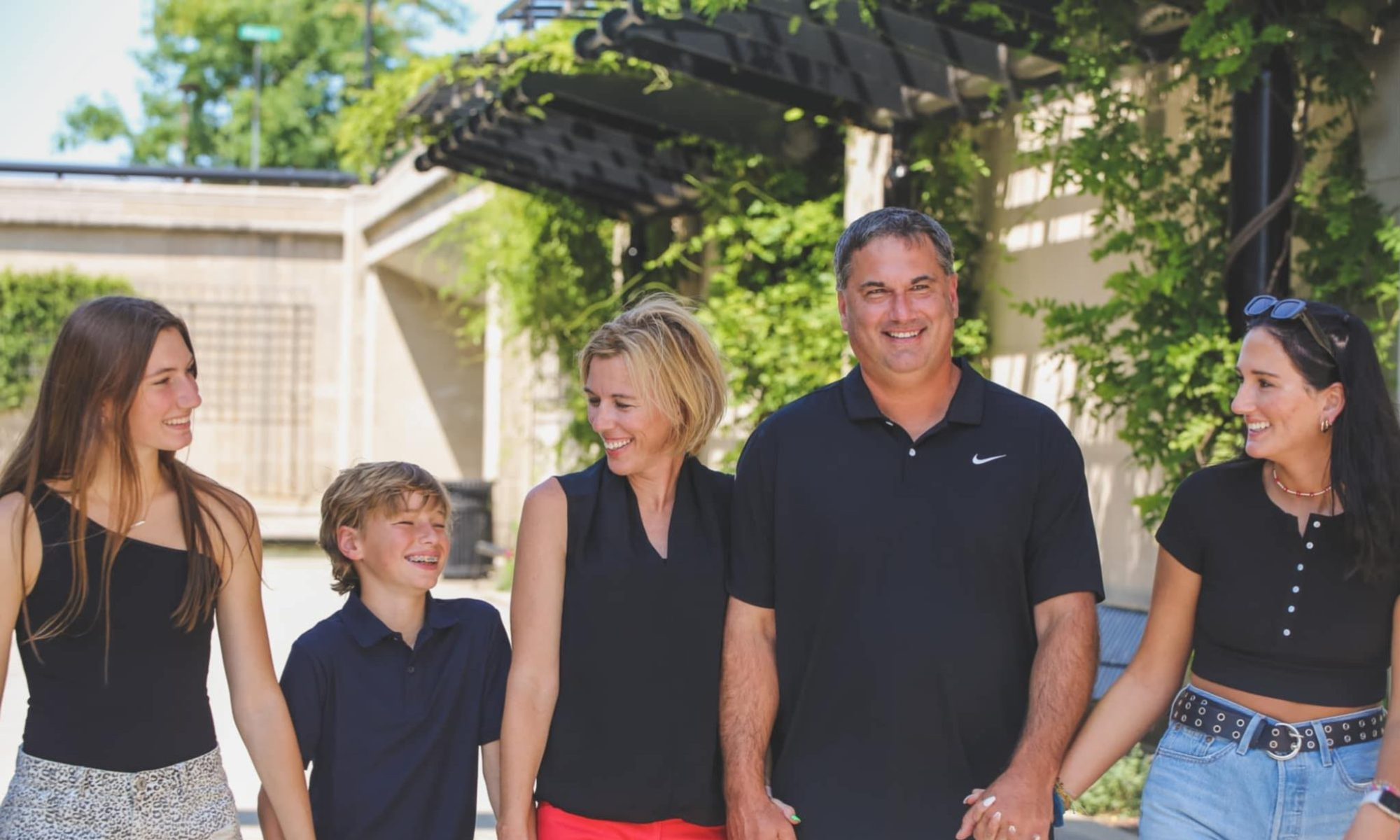
After 17 years of teaching, I can unequivocally say that the 2021-2022 school year has been the most challenging ever. When I share that sentiment, I am met with surprise because most people assume the 2020 school year would have been harder because of the adjustments teachers had to make during the Covid-19 global pandemic. However, this past school year was harder than I can begin to explain, and I know my colleagues feel the same. One of my closest teacher friends said to me last week, “If you haven’t thought about quitting the profession this year, you’re weird.” Those outside of education might assume that the crisis level teacher shortage comes from low salaries or unpopular legislation, and though such issues are frustrating and contribute to low morale, the real issue is the sense of hopelessness and lack of control over what is happening to our students.
Our nation’s students are in crisis mode, and it’s not for the reasons you might assume. The student population is polarized, not over politics, gender issues, or social disagreements, but rather they are deeply divided over their involuntary post-pandemic response. When the world shut down, students were sent home with devices to learn from their bedrooms, and they were changed forever.
Undermotivated students got used to the leniency that was necessary for deadlines on assignments. None of us had ever journeyed through a global pandemic before; none of us had done long-term virtual learning before, so due dates had to be flexible. Teachers had no way of monitoring who had strong internet access, so we had to give grace and assume the best.
Now that in-person learning has returned, undermotivated students are still struggling to adjust to “normal” school procedures, like hard deadlines, greater rigor, and attendance accountability. This group of learners got used to the lax approach to education that the pandemic offered, so now they are discontent and frustrated over expectations that were basic prior to 2020.
A second group of learners is struggling with post-pandemic PTSD. For a large group of children, school is their safe place, so the worst possible circumstance imaginable was to send them home for months with no access to free meals or direct contact with teachers who care about them. Many students spent the pandemic hungry in homes filled with abuse and violence. Their parents searched for a sedative to the unexpected global crisis through substance abuse. Marriages that were already hanging by a thread disintegrated as families that already didn’t get along were forced to dwell in the same space with no reprieve or opportunity for escape.
Because of confidentiality, I can’t publicly share the many horror stories I’ve heard from students who suffered greatly at home during the shutdown. A large group of students this year has not been interested in learning because they are simply trying to recover from what has tragically transpired over the past three years. Their scars and pain prevent them from caring about solving quadratic equations or writing thesis statements.
For a third group of students the pandemic lockdown was the solace their souls needed. We forget that American culture is unique because it’s driven by performance and competition. In Europe an afternoon siesta is normal, but Americans are driven and programmed by the clock. As Ricky Bobby says, “You have to win to get love,” and unfortunately, in this country that’s often true. Our culture tends to look at GPA, athletic stats, test scores, and extra-curricular involvement as the measure of a young person’s worth.
High performing students loved the rest the pandemic offered. School sports and travel sports ceased; all other extracurriculars halted. There were no show choir routines to memorize, marching band steps to count, or robots to program. Students in healthy homes discovered the peace that having a Sabbath brings. Students who are busier than they should be FINALLY got to experience family dinners at home, instead of in the drive through on the way to practice. They got to make memories with their siblings and play games as a family.
My younger two kids became best friends during the pandemic lockdown, and they truly miss each other during the school day now. Our best memories as a family were formed during that period. We went canoeing, enjoyed nature, had family devotions, and bonded deeply.
For many students like my own children adjusting back to living by the clock has been sad and hard. These students are still driven to perform, but they have gotten a taste of how refreshing it is to not be so dang busy. They have gotten used to nurturing their spirits instead of meeting societal expectations, and they are grieving over the loss they are experiencing by being thrust back in an environment that values striving over rest.
So why has this school year been so hard? Because I have watched every level of learner from all demographics and home structures struggle to adjust to post-pandemic life, while culture is still expecting performance, mastery, and deadlines. We place identity and worth on all the wrong things in this country, which teachers can’t change. The sense of hopelessness that fact brings is enough to keep us up all night, which is why every single teacher you meet is tired and weary. I am finally able to explain why I’m so tired, and it’s not the kind of exhaustion that sleep will fix.












